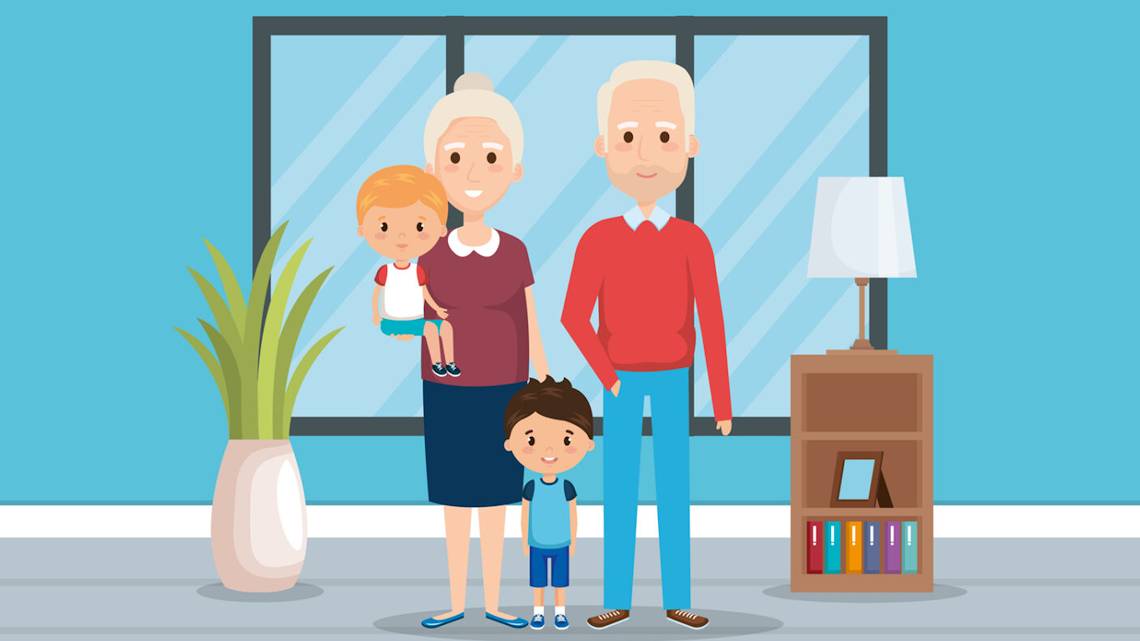
I started playing the piano when I was 4 years old. I used to miss out on playdates to practice for 3-4 hours every day. By the time I was 9, I had completed the highest grading ABRSM exam. When my eldest son turned 4, we started him on the piano. He has an extraordinary ability to learn and memorize songs. By 6, he had already completed the grade 5 exam, and his younger brother followed suit. On some days, they would sit at the piano and look at me with big eyes and say, “Mummy, this is so hard. I don’t want to do this.” Part of me understands their struggle because I went through exactly that, but another part of me thinks that I need to toughen them up a bit. After all, I did it. Right? As a mother, I often grapple with the challenges of parenting and supporting my children’s mental health, wanting to encourage resilience while also recognizing their feelings.
This changed one day when I was discussing this with my mentor. She asked me, “Did you enjoy playing piano in your teens after you passed all the exams?” I answered without thinking, “No. I did not pick up playing the piano again until my boys started playing.” She gave me a curious look, “Would you rather foster a life-long interest in music, or would you rather they chase the same milestones you hit when you were a child?”
After that day, I was able to empathize with my children more when they told me that piano was hard or that they were having a very tiring day and would like a break. Why was I not able to see things this way? It turns out my brain played a trick on me, a common occurrence for many of us. This disconnects stems from a phenomenon called the empathy gap, which can significantly affect parenting and our ability to support our children’s mental health. Understanding this gap allowed me to better recognize their struggles and respond with the compassion they need.

Let me tell you about two real experiments conducted by researchers at Kellogg School of Management first.
Experiment 1
In the first experiment, participants were asked to take a cold plunge and jump into a very icy lake. They also all read a story about Pat, who intended to complete the plunge, but ended up withdrawing at the last minute. Participants either read about Pat before they had completed the plunge themselves, or one week after. It turns out, people who had yet to complete the plunge had more empathy towards Pat than those who had successfully completed the plunge.
Experiment 2
The second experiment is about a bullied teenager. Participants were told two versions of how the teen was coping. In one version, he was successfully coping, and in the other version, he failed to cope by lashing out violently. For participants who were bullied in the past themselves, they were more compassionate towards the teenager if they were told that the teen was coping. However, this same group of people exhibited the least compassion toward the teen if they were told that he is not coping well.
When approached by someone in distress, especially our loved ones, we are eager to help and sometimes, that means giving some tough love. For example, when your child comes to you to share their struggles, you may respond “Yes, it was hard, but I did it, so what is the big deal?” instead of focusing on validating their feelings and providing the support they need. Parenting can be a challenging task, especially since we genuinely want to support our children’s growth and promote their mental health.
To break this pattern, we must prioritize listening to their story and emphasizing how they feel. Here are some steps to bridge the empathy gap and enhance mental health in the context of parenting:
- Listen Actively: Give your full attention and avoid interrupting.
- Validate Their Feelings: Acknowledge their emotions without judgment.
- Build Rapport: Share that you recognize the difficulty of their situation.
- Encourage Solution-Finding: Help them brainstorm ways to cope or improve their situation.
By fostering an environment of empathy and understanding, we can better support our children and nurture their mental health. This not only helps them navigate their challenges but also strengthens our relationships, creating a more compassionate family dynamic. In doing so, we bridge the empathy gap, ensuring that our children feel heard and supported through their struggles. Ultimately, this approach to parenting promotes resilience and emotional well-being, essential components of mental health for everyone involved.
Parenting in Contexts That Emphasise Family and Harmony
In cultural settings where family cohesion and interdependence are emphasised, caregiving often prioritises guidance, discipline, and collective well-being. Parents may take an active role in structuring their children’s development, focusing on education, respect for family roles, and emotional restraint.
This approach can be seen in concepts such as guan (training), which highlights high parental involvement combined with care and support. Caregivers in these contexts may dedicate time and effort to ensuring their children succeed academically and socially, viewing this involvement as a central expression of love and responsibility. Children growing up with such parenting styles may demonstrate attachment by respecting family values, fulfilling responsibilities, or maintaining harmonious relationships. This reflects cultural priorities of interdependence and collective success.However, the high expectations placed on children can occasionally lead to challenges, such as performance anxiety or stress tied to fulfilling parental aspirations.
Understanding Cultural Differences in Parenting and Attachment
While parenting and attachment are universal, the way they are expressed varies significantly across cultural contexts. In some settings, secure attachment may align with independence and emotional expressiveness, while in others, it may be associated with fulfilling family responsibilities and maintaining relational harmony.
These differences are not better or worse—they reflect the diverse ways humans adapt to their environments and meet the needs of their children. However, caregiving approaches may present unique dynamics. For example, children raised in independence-oriented cultures may excel in self-expression but may need additional support in fostering interdependence. Conversely, children raised in family-oriented cultures may develop strong emotional regulation but may also face pressures to meet high expectations.
By recognising these differences, we can better understand the diverse approaches to caregiving and appreciate that there is no single “right” way to raise emotionally resilient children.
Parenting and attachment are shaped by culture, yet the underlying goal is universal: to nurture children who feel secure, loved, and prepared to thrive. By exploring the diverse paths taken by caregivers across the world, we can learn from one another and celebrate the many ways families foster connection and growth.
Photo Credits:
First image: uthawut Somsuk
Second image: Ridofranz
References
- Ruttan, R. L., McDonnell, M.-H., & Nordgren, L. F. (2015). Having “been there” doesn’t mean I care: When prior experience reduces compassion for emotional distress. Journal of Personality and Social Psychology, 108(4), 610–622. https://doi.org/10.1037/pspi0000012

Xing Ni Liu
About the author
XingNi‘s work focuses on breaking dysfunctional generational patterns and establishing new ones in interpersonal relationships and parenting. I am also passionate about researching and raising awareness on neurodivergence. She is passionate in assisting parents to foster stronger relationships with their children so that they can reach their maximum potential.
Recently Added
Adaptogens are a class of natural herbs, roots, and mushrooms that assist the body in adapting to stressors in the environment. These …
The journey of raising children comes with countless moments where they need our support and guidance. Whether our children are typically developing …
The World Infant, Child and Adolescent Mental Health Day was first initiated to highlight the importance of mental health, starting from the …




